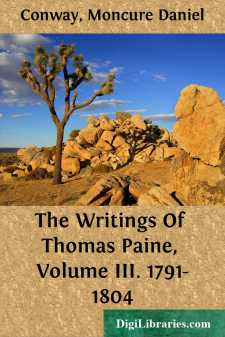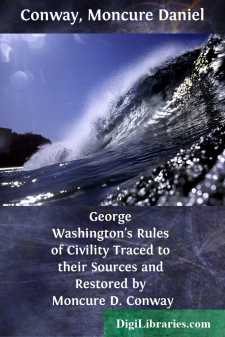Categories
- Antiques & Collectibles 13
- Architecture 36
- Art 48
- Bibles 22
- Biography & Autobiography 815
- Body, Mind & Spirit 144
- Business & Economics 28
- Children's Books 18
- Children's Fiction 14
- Computers 4
- Cooking 94
- Crafts & Hobbies 4
- Drama 346
- Education 58
- Family & Relationships 59
- Fiction 11835
- Games 19
- Gardening 17
- Health & Fitness 34
- History 1378
- House & Home 1
- Humor 147
- Juvenile Fiction 1873
- Juvenile Nonfiction 202
- Language Arts & Disciplines 89
- Law 16
- Literary Collections 686
- Literary Criticism 179
- Mathematics 13
- Medical 41
- Music 40
- Nature 180
- Non-Classifiable 1768
- Performing Arts 7
- Periodicals 1453
- Philosophy 65
- Photography 2
- Poetry 896
- Political Science 203
- Psychology 44
- Reference 154
- Religion 515
- Science 126
- Self-Help 85
- Social Science 83
- Sports & Recreation 34
- Study Aids 3
- Technology & Engineering 60
- Transportation 23
- Travel 463
- True Crime 29
Our website is made possible by displaying online advertisements to our visitors.
Please consider supporting us by disabling your ad blocker.
The Writings Of Thomas Paine, Volume III. 1791-1804
Description:
Excerpt
In a letter of Lafayette to Washington ("Paris, 12 Jan., 1790") he writes: "Common Sense is writing for you a brochure where you will see a part of my adventures." It thus appears that the narrative embodied in the reply to Burke ("Rights of Man," Part I.), dedicated to Washington, was begun with Lafayette's collaboration fourteen months before its publication (March 13, 1791).
In another letter of Lafayette to Washington (March 17, 1790) he writes:
"To Mr. Paine, who leaves for London, I entrust the care of sending you my news.... Permit me, my dear General, to offer you a picture representing the Bastille as it was some days after I gave the order for its demolition. I also pay you the homage of sending you the principal Key of that fortress of despotism. It is a tribute I owe as a son to my adoptive father, as aide-de-camp to my General, as a missionary of liberty to his Patriarch."
The Key was entrusted to Paine, and by him to J. Rut-ledge, Jr., who sailed from London in May. I have found in the manuscript despatches of Louis Otto, Chargé d' Affaires, several amusing paragraphs, addressed to his govern-ment at Paris, about this Key.
"August 4, 1790. In attending yesterday the public audience of the President, I was surprised by a question from the Chief Magistrate, 'whether I would like to see the Key of the Bastille?' One of his secretaries showed me at the same moment a large Key, which had been sent to the President by desire of the Marquis de la Fayette. I dissembled my surprise in observing to the President that 'the time had not yet come in America to do ironwork equal to that before him.' The Americans present looked at the key with indifference, and as if wondering why it had been sent But the serene face of the President showed that he regarded it as an homage from the French nation." "December 13, 1790. The Key of the Bastille, regularly shown at the President's audiences, is now also on exhibition in Mrs. Washington's salon, where it satisfies the curiosity of the Philadelphians. I am persuaded, Monseigneur, that it is only their vanity that finds pleasure in the exhibition of this trophy, but Frenchmen here are not the less piqued, and many will not enter the President's house on this account."
In sending the key Paine, who saw farther than these distant Frenchmen, wrote to Washington: "That the principles of America opened the Bastille is not to be doubted, and therefore the Key comes to the right place."
Early in May, 1791 (the exact date is not given), Lafayette writes Washington: "I send you the rather indifferent translation of Mr. Paine as a kind of preservative and to keep me near you." This was a hasty translation of "Rights of Man," Part I., by F. Soûles, presently superseded by that of Lanthenas.
The first convert of Paine to pure republicanism in France was Achille Duchâtelet, son of the Duke, and grandson of the authoress,—the friend of Voltaire. It was he and Paine who, after the flight of Louis XVI., placarded Paris with the Proclamation of a Republic, given as the first chapter of this volume. An account of this incident is here quoted from Etienne Dumont's "Recollections of Mirabeau":
"The celebrated Paine was at this time in Paris, and intimate in Condorcet's family. Thinking that he had effected the American Revolution, he fancied himself called upon to bring about one in France. Duchâtelet called on me, and after a little preface placed in my hand an English manuscript—a Proclamation to the French People....




